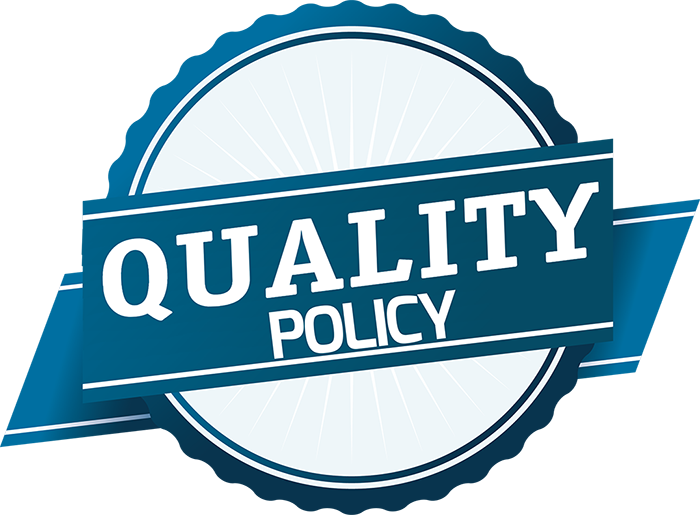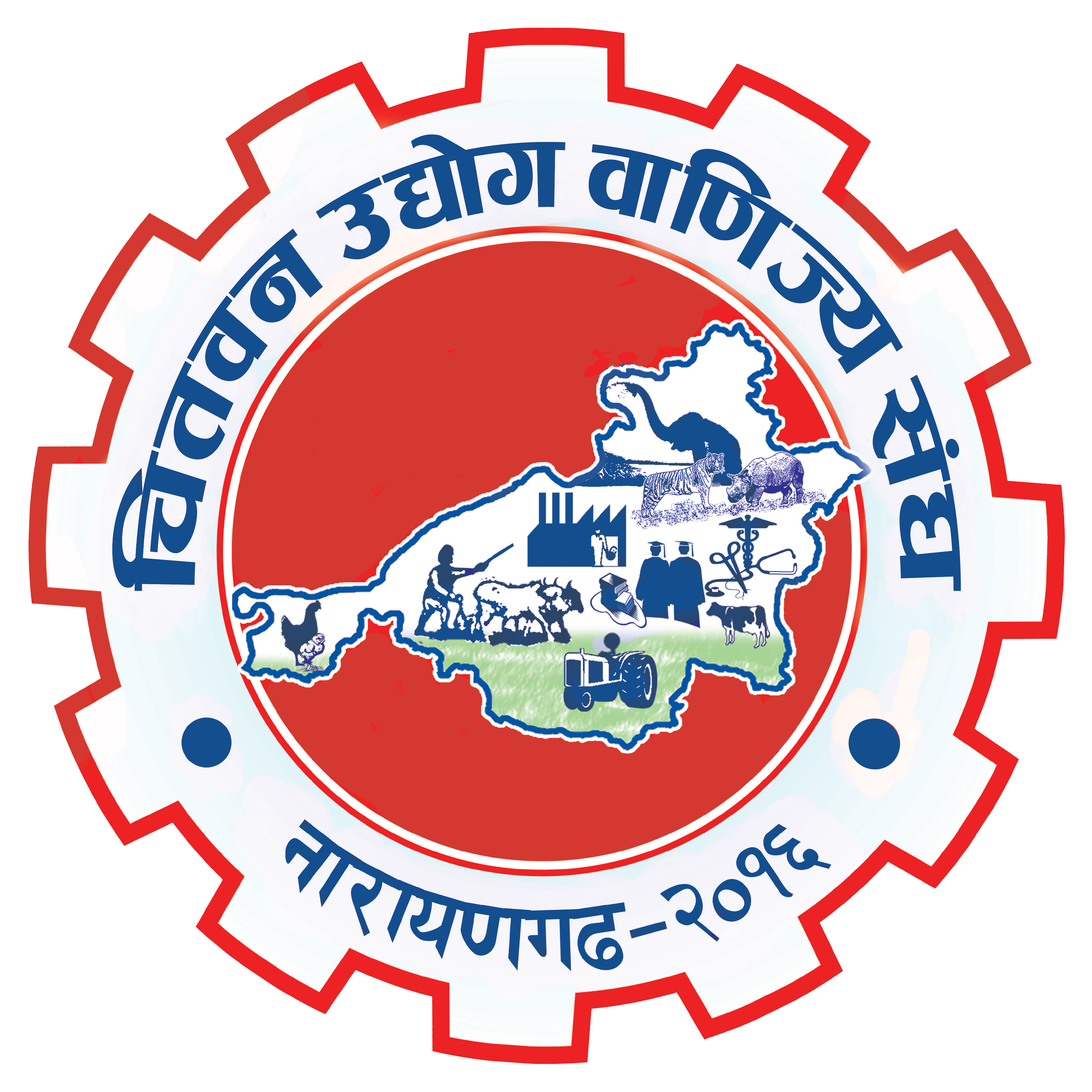Uncategorised
Information Technology Advice
Here are some pieces of advice from our IT Officer. If you need more guidance, feel free to visit our office for a face-to-face conversation with our IT Officer. If necessary, we can also facilitate connections with other IT experts.
Working Hours:
Baishak 1 - Kartik 15 office opens at 10 O'Clock and closes at 5 O'Clock
Kartik 16 - Magh 15 office opens at 10 O'Clock and closes at 4 O'Clock
Magh 16 - Chaitra 31 office opens at 10 O'Clock and closes at 5 O'Clock

The chamber has represented itself on the following capacity at the government and local administration level:
1. Member, Nepal Government, Town Development Committee.
2. Member, Nepal Government, Land & Building Valuation Committee.
3. Member, Nepal Government, District Fund Raising Committees for Natural Disaster Relief.
4. Coordinator, Nepal Government, One Village one Product Execution Committee, Chitwan
5. Coordinator, Youth Self-employment and small enterprise development committee, Chitwan
6. Member, Management Committee, Bal Kumari College (Public College) Narayangarh.
7. Member, Management Committee SaptaGandaki Multiple Campus (Public College), Bharatpur.
8. Chairman, Management Committee, BalKumari English School.
9. Member, Management Committee, Girls Campus, Bharatpur.
10. Member, National Sport Council, District Branch, Chitwan.
11. Member, Devghat Area Development Committee.
12. Member, District Agriculture Committee.
13. Member, Tourism Board, Chitwan.
14. Member, Bharatpur Hospital Management Committee, Chitwan.
15. Member, Cancer Sewa Samaj, BPKMCH
16. Member, Bharatpur Drinking Water Management Board
17. Member, Observation and supervision Committee, District Administration Office.
18. Member, Nepal NetraJyoti Sangh, Chitwan
19. Member, Child Welfare Committee, Chitwan
20. Member, Community service Centre, Chitwan
21. Member, Agri-Enterprise Centre, Chitwan
Representation In FNCCI central committee and FNCCI Province 3 Committee:
1. Dr. Til Chandra Bhattrai, Executive Board Member, FNCCI
2. Mr. Kalyan Joshi, Executive Board Member, FNCCI
3. Mr. Rajan Gautam, Vice-President, FNCCI Province 3 Executive Committee
Tax Advice
Here are few links to follow for Tax Advice:
Understanding Nepal’s Taxation System
Simplified Method of Taxation for Small Businesses in Nepal
Tax Planning Strategies for Small Businesses

Quality Policy
CCIC is committed to develop as an effective institution being an umbrella of industries and enterprises of Chitwan by providing quality services through skilled human resources complying with statutory and regulatory norms, continual improvements in its process to satisfy its customer and reviewing the quality objectives.
Mission
“TO CONTRIBUTE FOR THE ECONOMIC DEVELOPMENT OF NATION BY PROTECTING AND PROMOTING THE BUSINESS INTERESTS OF BUSINESSES THROUGH THE MEANS OF LOCAL SOCIO-ECONOMIC DEVELOPMENT.”
Vision
“TO DEVELOP THE ORGANIZATION AS AN EFFECTIVE INSTITUTION CAPABLE OF PROVIDING REQUISITE SUPPORT FOR THE FURTHERANCE OF INDUSTRIES AND ENTERPRISES WITHIN ITS TERRITORY WITH EMPHASIS ON PROMOTING THE HIGHLY POTENTIAL SECTOR OF AGRICULTURE, TOURISM, HEALTH AND EDUCATION.”
